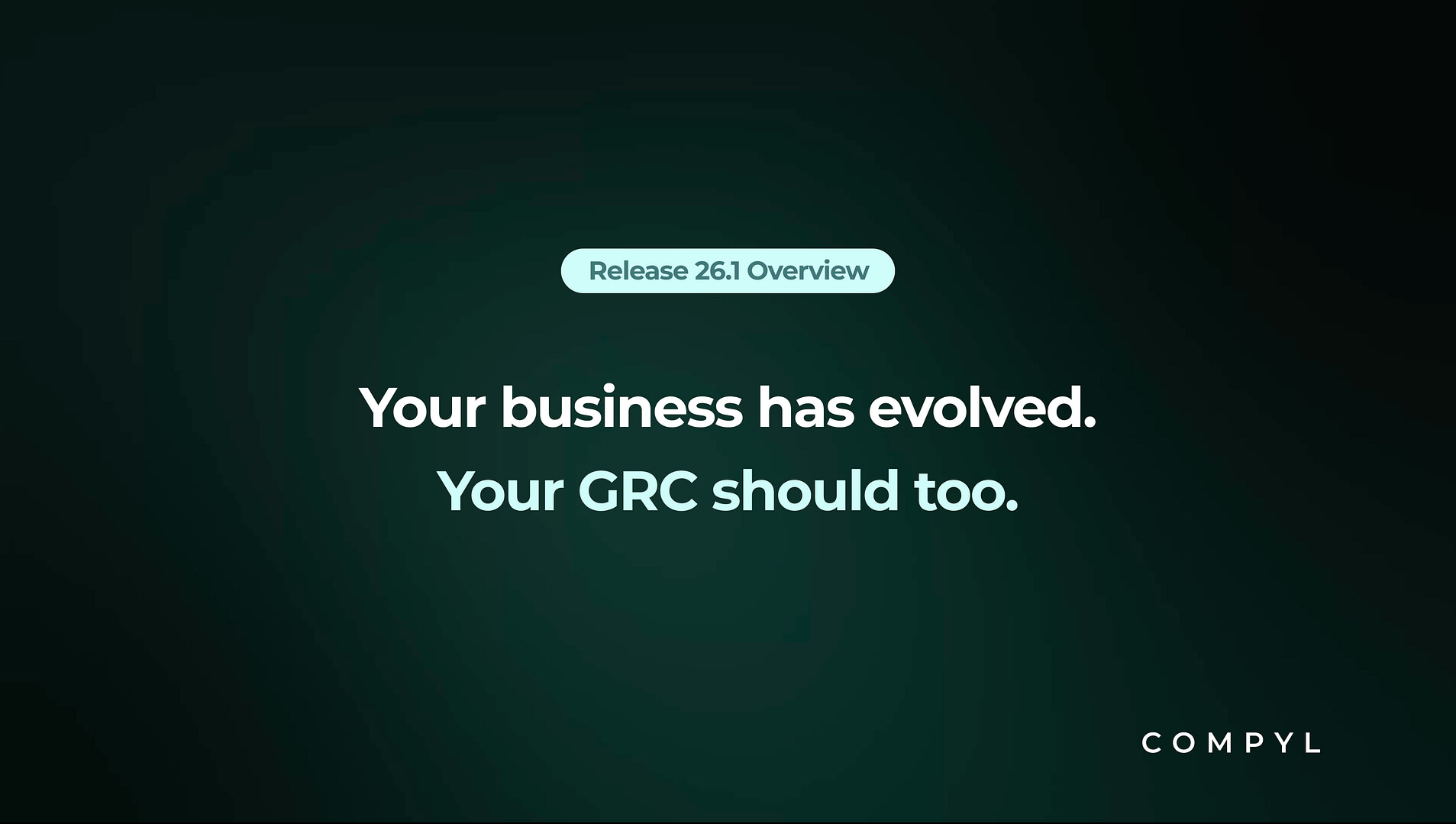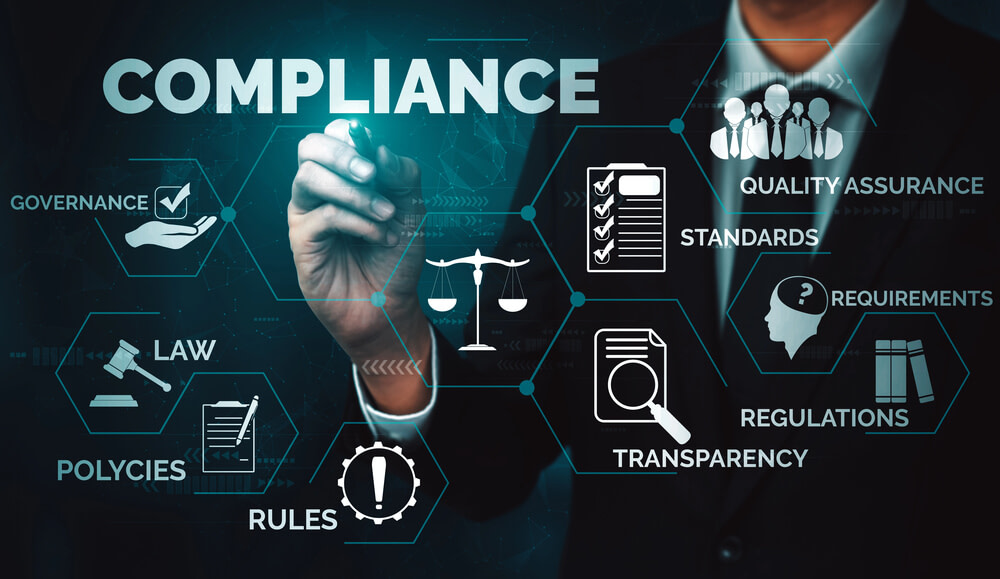What Is Continuous Penetration Testing?
As technology evolves and the financial service industry relies more heavily on digital systems, the risk of cyber attacks rises. One component of a successful cybersecurity program that can ensure the security of sensitive information and funds is continuous penetration testing.

Defining Continuous Penetration Testing
What is continuous penetration testing? It is the regular testing and probing of a business’ cybersecurity measures. Unlike traditional penetration testing, it’s not a one-time thing but rather is constantly ongoing. This helps identify vulnerable spots in real-time. It is a proactive process that ensures that any weaknesses in the system are promptly taken care of.
Any company that handles large amounts of digitized data should consider employing continuous pentesting as part of its security and compliance measures.
4 Benefits of Continuous Pentesting
Continuous pentesting has many benefits over testing occasionally.
1. More Proactive Risk Management
Ongoing testing finds and resolves vulnerabilities before cybercriminals find them. It keeps companies one step ahead and can be key for high-stakes companies where security breaches can have severe consequences.
2. Better Compliance
The financial services industry is full of regulations and compliance laws. Continuous pentesting lets businesses rest assured that their security setup is compliant and that their sensitive financial data is safe.
3. Faster Threat Detection
While traditional penetration testing is helpful, it leaves gaps between test sessions, which means that technicians or cybersecurity personnel may not identify threats until it’s too late. Continuous penetration testing provides threat detection in real-time, as the system is constantly being analyzed for risks.
4. More Savings
Continuous pentesting may seem costly upfront. However, should a large-scale security breach occur, companies must pay legal fees and regulatory fines, and they also suffer damage to their reputation. When companies consider the money this type of testing can save in the long run, it justifies the cost.
Free Security Assessment Today
The Average Costs of Continuous Penetration Testing
How much does this testing cost on average? Normally, continuous testing can range from $5,000 up to $100,000 per year. It depends on various factors, such as the size of the organization, the type of infrastructure it operates with, the frequency with which the testing is performed, and the depth of testing.
While this may be a hefty investment, it is commensurate with the level of data safety and security it achieves. This is especially true in the financial services industry, where the integrity of customer data and the security of funds and other assets is key.
G2 Spring 2024 Reports are out, and our users love Compyl!
Continuous Pentesting as Part of a Whole
This type of testing isn’t a one-size-fits-all solution. It requires a professional analysis so that the testing is tailored to a company’s specific needs and forms part of a robust cybersecurity plan, including immediate vulnerabilities, level of cybersecurity awareness, and risk mitigation. Various best practices ensure that continuous pentesting forms part of a healthy data security system.
DevOps Practices Integration
Innovation is constant in the financial services industry, and adopting DevOps practices and integrating them with continuous penetration testing is key to minimizing risks and vulnerabilities that can occur due to rapidly changing technology.
Employee Training
Training and awareness are the perfect complement to testing. Staff should have education in cyber threats, firewalls and phishing, how to follow security protocols, and how to report any security incidents. The more aware employees are, the less likely they will be to fall prey to cyber threats or attempts to hack the system.
Frequent Updates and Patches
Cybercriminals often look for vulnerable and outdated software. Updates and patch management are two important elements to add to continuous pentesting. When everything is up to date, it leaves fewer holes for cybercriminals to enter through.
Integration With Threat Intelligence
Testing is much more efficient when paired with threat intelligence. This consists of analysis gained from research and monitoring of cyber threats, including the procedures, techniques, and tactics employed by cybercriminals.
By incorporating external intelligence data into a company’s digital security infrastructure, threats can be more easily detected and resolved.

Tailoring Pentesting
Professionals need to use customized scenarios for continuous penetration testing, not just generic ones. The more specific the scenarios are, the more effective cybersecurity measures will be. No two businesses are exactly alike, meaning that the type and frequency of testing shouldn’t be, either. The more customized testing is for a specific business, the more effective it will be.
Properly tailoring penetration testing to a business calls for taking many elements into consideration. These include risks and organizational objectives, current compliance with laws and regulations, testing objectives and scope, and the types of testing scenarios to use. IT professionals should also analyze the types of threat intelligence they will use, as well as business process simulations, and testing frequency.
Other considerations for an efficient continuous penetration test system are whether the business has any third-party relationships, what incident response plans and reporting strategies are in place, what employee training needs are, and growth and scalability concerns. Stakeholder communication and setting up feedback loops will help the IT team personalize the testing further.
In-House vs. Third-Party Testers
Businesses have the option of bringing on a full-time, in-house penetration tester or hiring a third party to monitor and test from a distance. Both of these options have advantages and disadvantages. Overall, the choice depends on a company’s cybersecurity strategy.
In-house testing may be advantageous cost-wise. Also, an in-house tester means someone with intimate knowledge about the applications, networks, and systems of the organization is taking the reins. However, the investment for hiring, training, and maintaining a cybersecurity professional in-house is very high and may be difficult. This is especially true for smaller businesses.
Hiring a third party may be a better option because cybersecurity and compliance firms generally specialize in this type of testing and have very specific expertise and cutting-edge technology to provide the best services possible. They may also be more objective than an in-house tester and more cost-effective, as well.
Free Security Assessment Today
Where To Find Continuous Penetration Testing Services
When you’re looking for a professional third-party tester capable of customizing continuous penetration testing services to your business needs, consider Compyl. We have extensive experience and expertise in cybersecurity, compliance, and data protection, and we would love to show you what we can do for your business. Request a free demo on our website.




